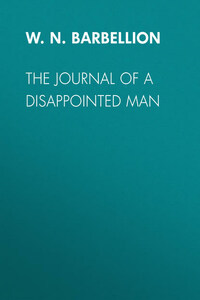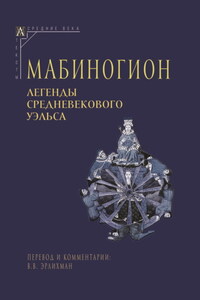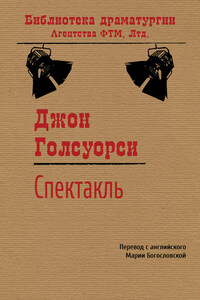By H.G. WELLS
Your egoist, like the solitary beasts, lives only for himself; your altruist declares that he lives only for others; for either there may be success or failure but for neither can there be tragedy. For even if the altruist meets nothing but ingratitude, what has he to complain of? His premises abolish his grounds of complaint. But both egoist and altruist are philosophical abstractions. The human being by nature and necessity is neither egoist nor altruist; he trims a difficult course between the two; for the most part we are, within the limits of our powers of expression, egotists, and our desire is to think and if possible talk and write about this marvellous experiment of ourselves, with all the world – or as much as we can conveniently assemble – for audience. There is variety in our styles. Some drape the central figure; some let it rather appear than call attention to it; some affect a needless frankness: "I am an egotist, mind you, and I pretend nothing else"; some by adopting a pose with accessories do at least develop so great and passionate an interest in the accessories as to generalise and escape more or less completely from self. An egotism like an eggshell is a thing from which to escape; the art of life is that escape. The fundamental art of life is to recover the sense of that great self-forgetful continuous life from which we have individually budded off. Many people have done this through religion, which begins with a tremendous clamour to some saviour god or other to recognise us and ends in our recognition of him; or through science, when your egotist begins with: "Behold me! I, I your humble servant, am a scientific man, devoted to the clear statement of truth," and ends with so passionate a statement of truth that self is forgotten altogether.
In this diary of an intensely egotistical young naturalist, tragically caught by the creeping approach of death, we have one of the most moving records of the youthful aspects of our universal struggle. We begin with one of those bright schoolboys that most of us like to fancy we once were, that many of us have come to love as sons or nephews or younger brothers, and this youngster is attracted by natural science, by the employments of the naturalist and by the thought of being himself some day a naturalist. From the very beginning we find in this diary the three qualities, from the narrowest to broadest. "Observe me," he says to himself, "I am observing nature." There is the self-conscious, self-centred boy. But he also says "I am observing nature!" And at moments comes the clear light. He forgets himself in the twilight cave with the bats or watching the starlings in the evening sky, he becomes just you and I and the mind of mankind gathering knowledge. And the diary, as the keen edge of untimely fate cuts down into the sensitive tissue, shows us presently, after outcries and sorrow and darkness of spirit, the habits of the observer rising to the occasion. Not for him, he realises, are the long life, the honours of science, the Croonian lecture, the listening Royal Society, one's memory embalmed in specific or generic names, the sure place in the temple of fame, that once filled his boyish dreams. But here is something close at hand to go on observing manfully to the end, in which self may be forgotten, and that is his own tormented self, with desire still great and power and hope receding. "I will go on with this diary," I read between the lines. "You shall have at least one specimen, carefully displayed and labelled. Here is a recorded unhappiness. When you talk about life and the rewards of life and the justice of life and its penalties, what you say must square with this."
Such is what we have here. It will be going beyond the necessities of this preface to expatiate upon a certain thread of unpremeditated and exquisite beauty that runs through the story this diary tells. To all sensitive readers it will be plain enough, and those who cannot see it plain do not deserve to have it underlined for them, that, still unseeing, they may pretend to see. Nor need we dilate upon the development of the quality of this diary from the rather fussy egotism of the earlier half. But it may be well to add a few explanatory facts that the opening chapters rather take for granted. Barbellion began life at a material as well as a physical disadvantage; neither of his parents were sturdy people, his mother died at last of constitutional heart weakness, and his father belonged to that most unfortunate class, the poor educated, who live lives of worry in straitened circumstances. Barbellion's father was a newspaper reporter in a west country town, his income rarely exceeded a couple of hundred pounds a year; the educational facilities of the place were poor, and young Barbellion had to get such learning as he could as a day boy at a small private school, his father supplementing this meagre training and presently taking him on as an apprentice reporter. How the passion for natural science arose does not appear in this diary; we already find the naturalist formed in the first schoolboy entries. An uncle, a chemist, seems to have encouraged the tendency, and to have given him textbooks and other help. Somehow at any rate he acquired a considerable amount of knowledge; by the time he was eighteen he was already publishing quite excellent observations of his own in such periodicals as the








